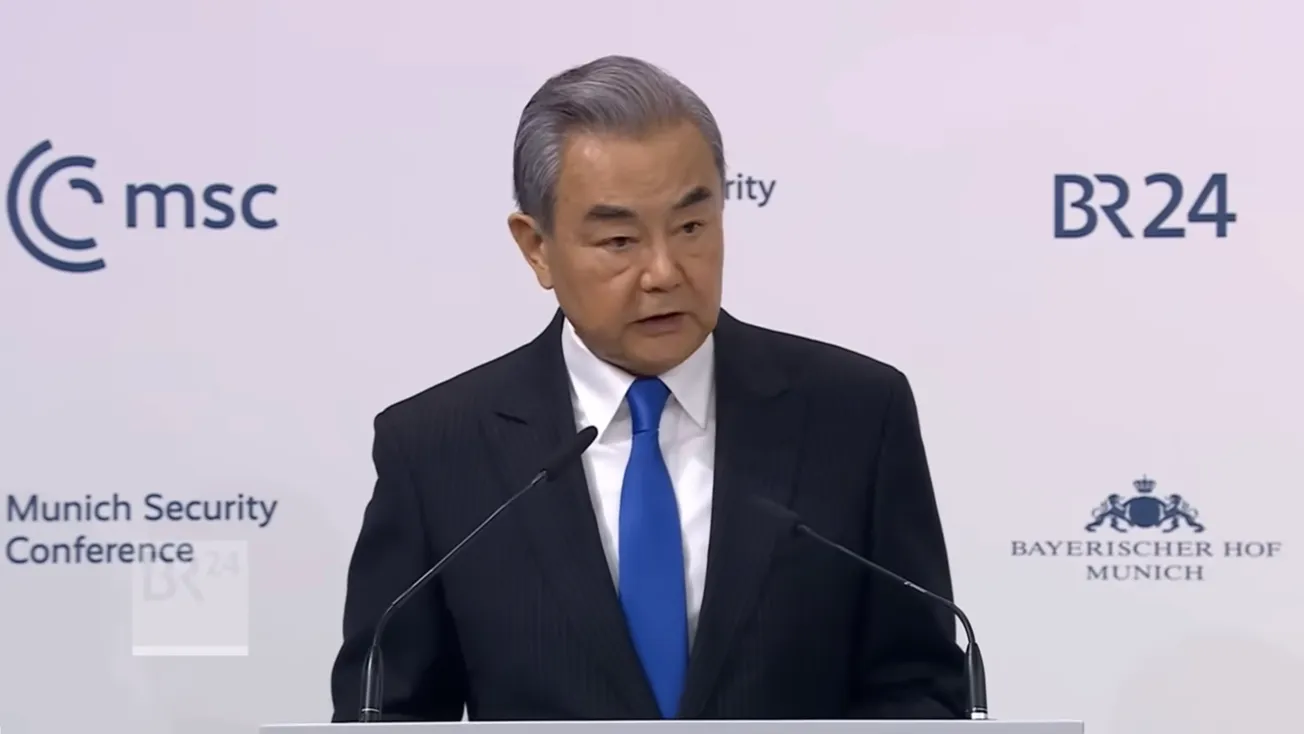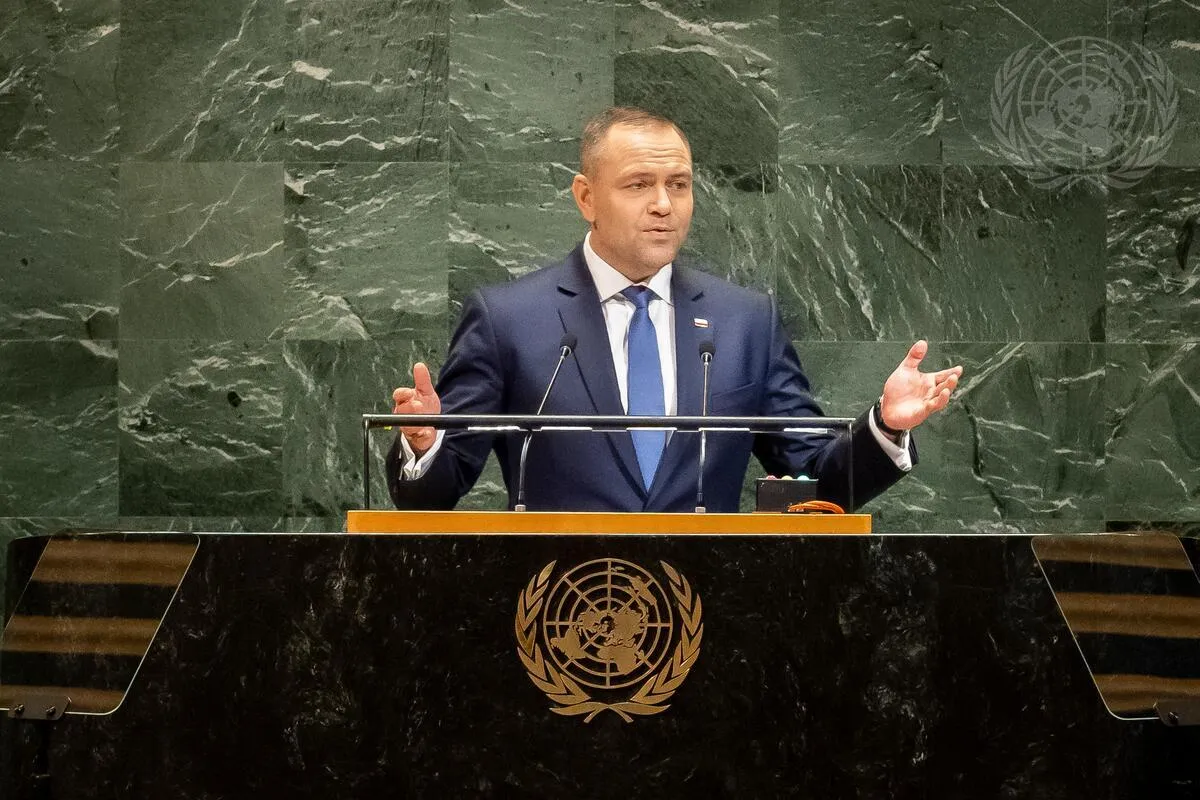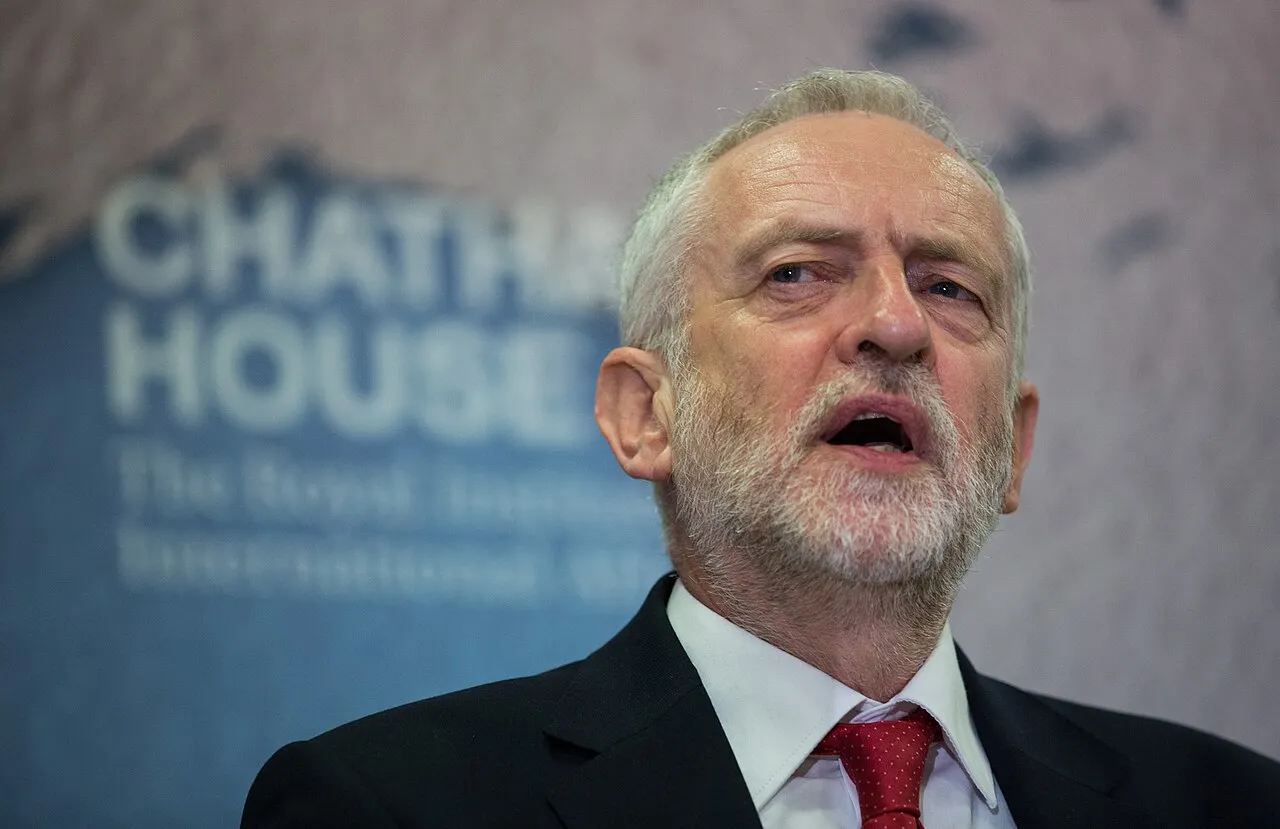Dr. Justin Yifu Lin, one of China’s leading economists, gave an interview to Mike Billington of EIR and the Schiller Institute on Dec. 20. It will be posted soon on both websites. Here are some highlights:
Dr. Lin insisted that the U.S. and China must cooperate if the many challenges facing mankind, including the pandemic, climate, and ridding the world of poverty, are to be overcome. The reason for the tensions between them is that “the U.S. has lost confidence in itself.” For long the world’s largest economy, the U.S. has now been overtaken by China (using PPP as a metric). But the U.S. is trying to maintain its dominance, to contain China, which will “ threaten the stability of the world.” But the right to development is a fundamental human right. As China’s economy becomes twice or more the size of the U.S., the U.S. will have no choice but to cooperate.
He described the difference between the British free trade system and the American system of protection, government-directed credit and government R&D, including a clear distinction between Alexander Hamilton’s system and Thomas Jefferson’s support for laissez-faire. The U.S. is now reverting to the British system, imposing free trade on others, even while continuing to provide government support for R&D, and using patents to deny such technologies in other countries.
While at the World Bank from 2008-2010, Dr. Lin was confronted with the neoliberal orthodoxy which dominated the thinking at the time. His efforts to introduce what he calls “wealth accounting,” emphasizing the human capital and the importance of infrastructure, was considered taboo, but now, 40 years later, he sees some changes, reflected in the infrastructure bills in the U.S. and the EU, as well as some change at the IMF. However, he added, the QE and mass money printing reflects the bad ideas of the past, and called for our two institutions and others to cooperate in bringing about the needed change.
He agreed that the LaRouche potential relative population density method of evaluating economic progress in non-monetary terms is in the same direction as his concept of wealth accounting, and promoted government industrial policies for all nations. “We need to join hands to propose the right ideas, through your institute and my institute.”
He noted that after 70 years of foreign aid to Africa from the West, most low- and middle-income nations still lack basic necessities, including health care, clean water, and electricity. He endorsed Helga Zepp-LaRouche’s concept of providing a modern health system for every country. The disaster unfolding in Afghanistan is a key example of the needed cooperation, which “should be unconditional, because only that will get you humanity.”
He accused the U.S. of always finding a scapegoat in other countries for its own failures, which may serve a short-term political goal, but “at the cost of the well-being of the whole nation.”
Asked about LaRouche’s emphasis on the equality of the creative process in science and in artistic discoveries, Dr. Lin concurred, adding: “China now has tried to bring in our traditional cultural appreciation of art, music, classics, not only from China, but from other civilizations, into our programs, educational programs. So that’s a good sign. And I’m sure that will further make the rejuvenation of China to reach a higher stage, not only materially, but culturally, spiritually.”
He concluded: “I am delighted to have this opportunity, and I hope our voice will be heard, and in more corners of the world, because fundamentally, we all care about human beings, and we all want to have a better society for every country in the world. And so that is, I hope — that our message will get momentum, traction in the world.”





